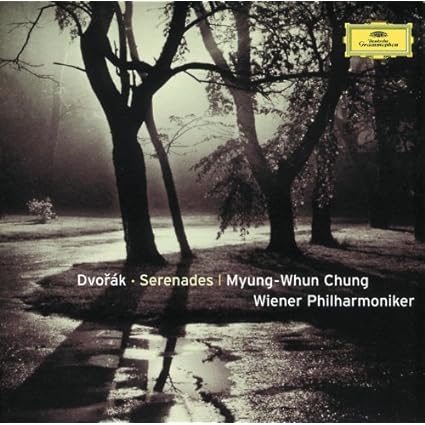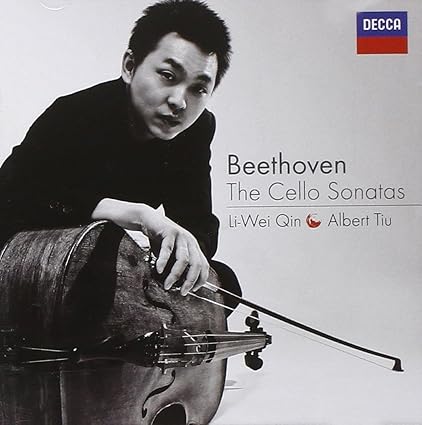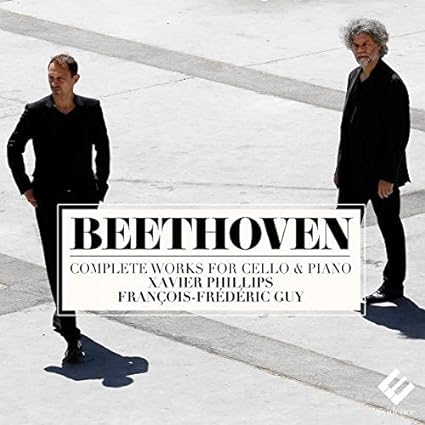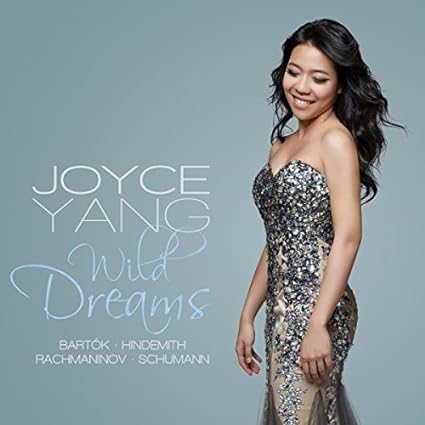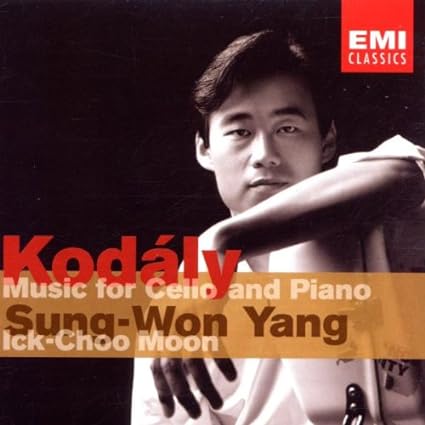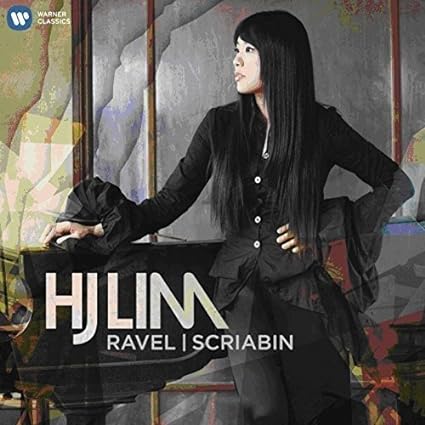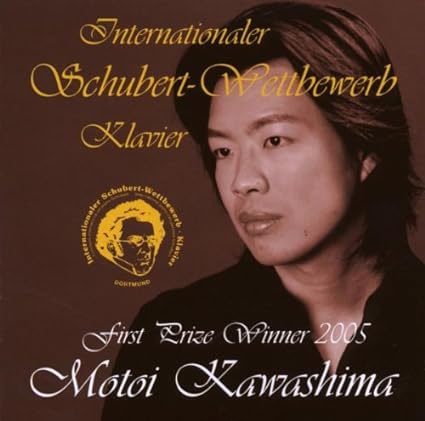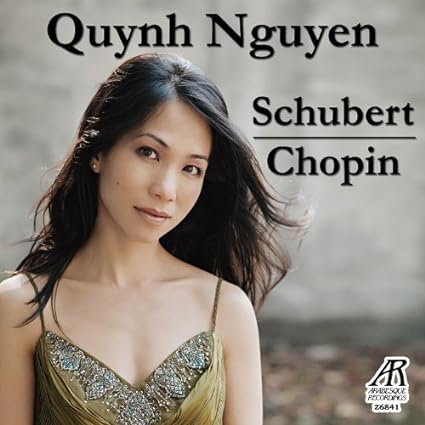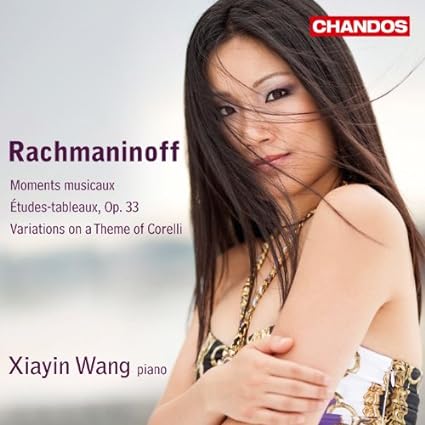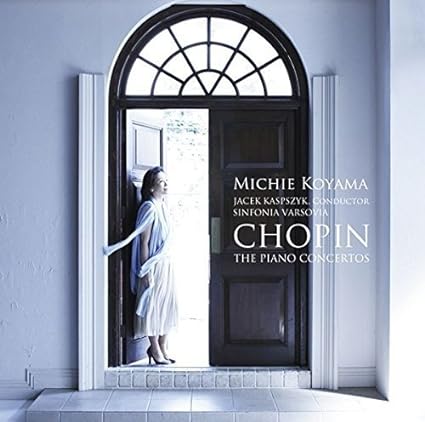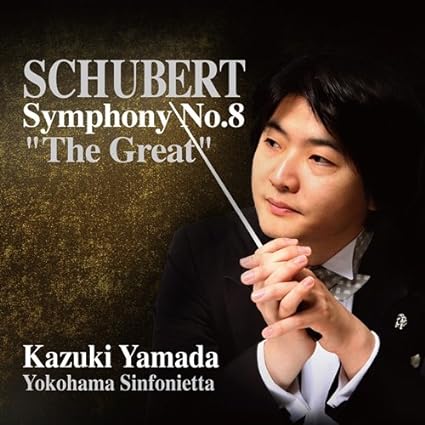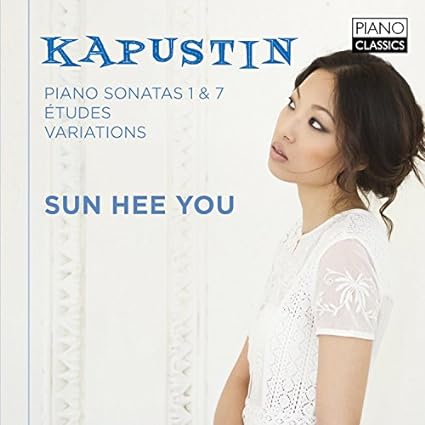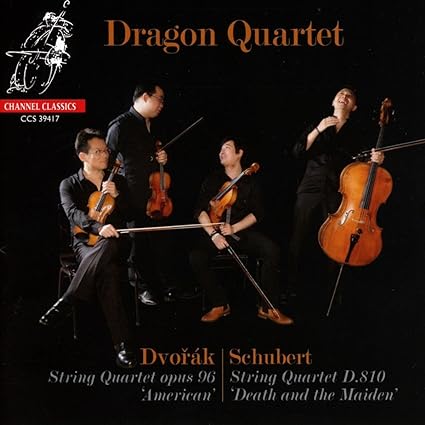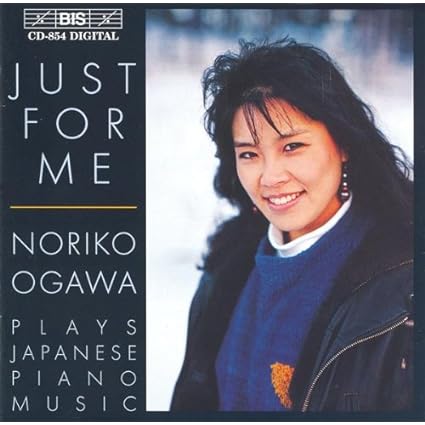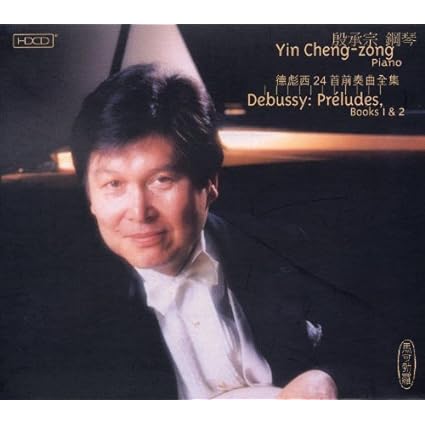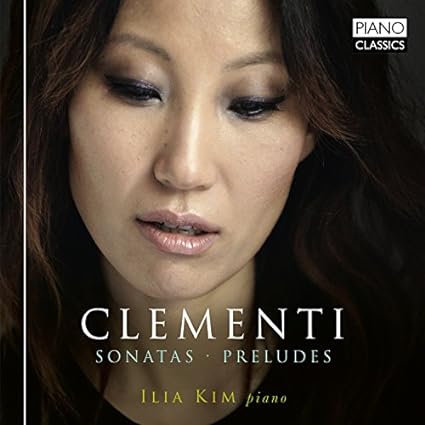[This will be cross-posted in "New" Music Log]
This disc is the first I've imported from mainland China. I spotted this disc of Chinese compositions whilst hunting for new and exotic things to listen to, albeit only on a very expensive JVC disc at first. Fortunately, I found the disc for a very reasonable $7 on eBay, as opposed to $37+ on Amazon. While I would not be surprised if I bought a gray market disc, especially given the price, I don't know for sure, and I don't care. The seller from Shunde got it to me in just over a week, for about $10 all-in. The copy I received advertises the XRCD2 pedigree as opposed to the K2 mastering on the front of its cardboard cover, though the inner cover shows the full (advertising) flow chart of the remastering process, which includes the K2 Rubidium Master Clock, so you just know it's some heavy-duty, ultra-serious stuff. This is the same flow chart as found in the JVC reissue of the Paul Badura-Skoda Beethoven piano sonata cycle previously on Astrée. This leads me to believe it is a Japanese market release. Did I mention the remastering process uses Rubidium in the master clock? The recording was made in China in the year 2000, with some DG A-list producers and engineers.
The disc includes eight short works by ten composers - two of the works are collaborations or reworkings. The works all rely on Western instrumentation - no pipas, erhus, or liuqins here - though from time to time, the percussion section sounds like it could be augmented by a non-standard instrument. Most of the music is also generally Western in conception in that it usually sounds conventionally tonal, but some more "exotic" approaches (eg, pentatonic scales) are used as folk music is an influence. There is certainly nothing that comes across as especially alien to Western ears nowadays to people who listen to classical music, pop music, or soundtracks. Much of the music has very rough Western analogs, and those will be included in the descriptions as a sort of shorthand. This is not meant to imply that the music is all derivative, but to communicate a sense of what is on the disc.
The disc opens with He Luting's under three minute
Senjidema, from 1945. Based on Mongolian folk tunes, it starts slowly and then picks up the pace. It's generically "Eastern", and one can imagine Aaron Copland having written something similar.
Next up is Bao Yuankai's Five Orchestral Pieces. The first piece,
Zouxikou, based on a popular provincial ballad is mostly Western sounding, but has an identifiably Chinese sound in part, especially in the violins.
Green Willow, the second piece, sounds more or less like a missing Tchaikovsky piece reliant on pizzicato throughout.
Lady Lan Huahua follows, and it is based on an ancient ballad as well, and sounds lush and romantic and what one might wish Puccini could have worked into his Eastern themed works, and given it's tragic theme, it seems like a prelude or interlude from an opera.
The Murmuring Brook follows, and it sounds something like a leisurely, gorgeous mash-up of Debussy, Vaughn Williams, and something vaguely Eastern.
Duihua ends the suite, inspired by a folk song. Alternating between boisterous, rhythmically alert tuttis and gentler, Griegian music, it ends the work beautifully.
Next up is Wang Ming's
Haixia Suite, where the composer includes three movements called
Childhood, Weaving Fishnets, and
Harvest, and she blends her own experience and idealized experiences. One can hear whiffs of Debussy and Sibelius and Dvorak, and other Western influences, along with more obvious Eastern influences, with traditional Western orchestration used to evoke a more concrete Eastern sound. The different elements blend together to make something new and beautiful, and if perhaps a bit too sentimental, that's quite alright.
Li Huanhzi's
Spring Festival Overture, from 1955-56 follows, and once again, folk music serves as a foundation, and the music is robust yet light and festive (duh). It sounds like Chinese Dvorak, which I definitely mean as a compliment.
Beijing Tidings by Zheng Lu and Ma Hongye, is up next, is folk music based, and here one can hear Borodin in
Polovtsian Dances mode, or perhaps Enescu at his most rhapsodic, with dashes of Copland and DSCH (the Ninth), in a brief, colorful, vibrant, buoyant, and maybe slightly garish piece. This would make for a good surprise concert opener.
Liu Tieshan and Mao Yuan's
Yao Dance from the 1950s follows. Formalized folk music - a dance, as it happens - starts slowly and unfolds somewhat episodically, with wonderful rhythmic flair and expert orchestration. This almost sounds like what Bartok himself might have written had he ventured farther East in his exploration of folk music. It is expertly done, and is possibly the best work on the disc.
Next is Liu Tingyu's
Susan Suite. (Should it be Su-San?) At just shy of thirteen minutes, it's the second longest work, though it is contained in a single track since it unfolds more or less continuously. The suite is drawn from the composer's ballet
Escorted Lady Convict, which itself is based on the Peking opera
The Escorted Susan. The tale is suitably operatic, to be sure, and the music brings five names to mind: Mahler, Tchaikovsky, Strauss, Janacek, and Bright Sheng. The use of percussion falls outside the norm for Western compositions at times (and happily so), but it blends in with the music well, and the composer demonstrates an ability to transition between some starkly different music basically seamlessly, with the orchestra executing it superbly. Liu really seems to have a grasp of theatrical material on the basis of this piece, and he might be worth more exploration in the future.
The disc closes with Lu Qiming's
Ode to the Red Flag, from 1965. An ode to revolutionary success, with fanfares and bombast and a generally too much feeling, it might just be enough to make a dyed in the wool commie tear up. The DSCH-like march married to music that foreshadows John Williams'
Superman soundtrack elicited something of a chuckle. (Yes, I know this was composed before the film soundtrack was written, but the aural connection is there.) I've yet to hear Erwin Schulhoff's musical setting of
The Communist Manifesto (I'm not sure it has been recorded), and I think this not quite brief enough piece - it's over nine minutes long - will have to do.
Most of the music is really quite lovely and entertaining, and I can easily see enjoying one or two of the pieces in a well-mixed concert. That written, it is hard to see these specific works becoming either core rep in the West, or oft listened to by me. YMMV. One thing strikes me as certain: composers in the East are creating some fine music, and they are blending different traditions in new ways, and the probability of great works existing now is quite high, and will only grow with time.
Playing is excellent throughout. Sound is likewise excellent, but it sounds a bit bright some of the time. How much of that is the recording itself, and how much the remastering and potential re-EQing, I can't say. I can say that the sonics are not worth any premium price.
Amazon UK link. Under no circumstances should anyone pay the listed price for this recording. That would be nuts.



